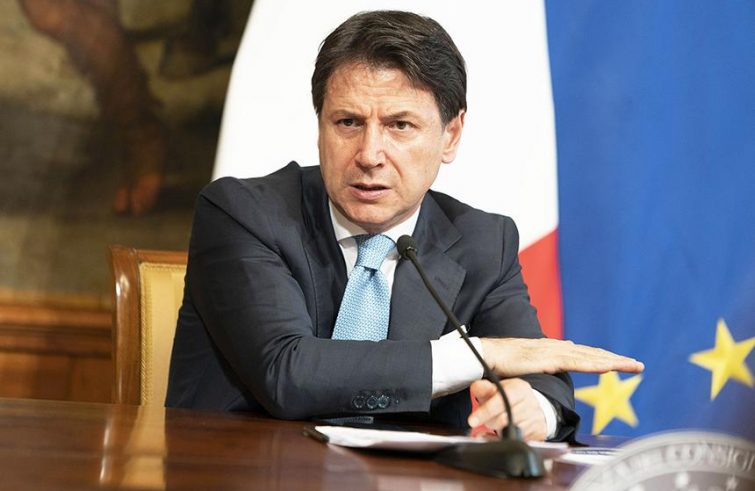
“A necessary prerequisite for the recovery of the Country.” After having repeatedly described it as “The mother of all reforms”, Giuseppe Conte thus defined the simplifications Decree adopted by the Council of Ministers in the early hours of the morning. Despite its long and controversial preparation, the official text of the provision, to be published in the Official Journal, has yet to be perfected. It’s the known “unless otherwise agreed” approval process. But the substance is now in place and it was indispensable that ahead of a round of meetings in European capitals and the decisive round of negotiations for EU funds, the Prime Minister were able to secure expendable evidence of Italy’s resolve to take the matter seriously. The adoption – in the same Council concluded at 4 a.m. – of the National Reform Plan, in which the Government indicates its policy objectives for the next two to three years, should be read from the same perspective. All this will form “the basis of our Recovery Plan,” PM Conte stressed at the press conference.
The underlying crux causing delays in drafting the Decree – approved at a Council of Ministers meeting that ended at 4 a.m. – was how to reconcile the pressing need to drastically simplify procedures, especially with regard to bidding processes, and the responsibilities of civil servants, with a commitment to avoid paving the way for malfeasance and Mafia infiltration.
Evidence of such tension can be found in the Premier’s words when, after having complacently highlighted the identification of “a high-speed track”, pointed out that at the same time “radar detectors”, i.e. ” law enforcement measures”, had been put in place. Facts will obviously attest the validity of the compromise agreement.
The main points of the decree – consisting of approximately one hundred pages and of which countless drafts have circulated – are known via a condensed press release from the Prime Minister’s Office in Palazzo Chigi and the meeting with journalists that Conte and some ministers held late this morning. The Prime Minister mentioned 130 major projects of strategic importance – notably in the area of mobility and transport – whose execution will be unblocked and accelerated, by way of derogation, with the conferral of special powers to the same “contracting bodies” (the public agencies calling for tenders) or, in some cases, to special commissioners. Generally speaking, direct entrustment is envisaged for projects of less than €150,000, contracts are awarded with no call for tenders but via negotiated procedure by invitation for works above this limit and up to €5 million (the so-called “EU threshold”), with a growing number of companies to be involved in connection with the increased sum.
In order to overcome the “fear of signature” paradox, leading civil servants to halt activities for fear of incurring in criminal and administrative sanctions, until July 31, 2021 liability for loss of revenue will be applied only if the actions carried out are found to be intentional, while it will remain unchanged (including simple “guilt”) in case of omissions. In simple terms, there are greater risks in not doing than in doing. Moreover, the decree clarifies in greater detail the crime of abuse of office to prevent that too much room for interpretation may end up causing a situation of uncertainty.
Other relevant chapters, given the extensive caseload on the subject, deal with appeals and litigation on the awarding of contracts, where it is expected that these will not stall the execution of the works, and the drastic reduction of the time taken by the local public agencies, whose authorisations often slow down the progress of the projects (in some cases it took years). The time needed for Environmental Impact Assessments has been reduced by 50% and all activities in the field of water supply networks, hydrogeological instability, reclamation and renewable sources have been streamlined, as has broadband deployment. Simplified procedures for demolition and reconstruction without increased soil consumption.
From the point of view of private citizens, the decree is strongly committed to digitization, both in terms of transparency (allowing widespread control over the time frames of public administrations) and in terms of procedures. The aim is to ensure that self-certifications, petitions and declarations to public offices can be processed via Apps. Other measures set out in approximately fifty Articles of the Decree include specific interventions for subsidies to businesses and the agricultural sector.












